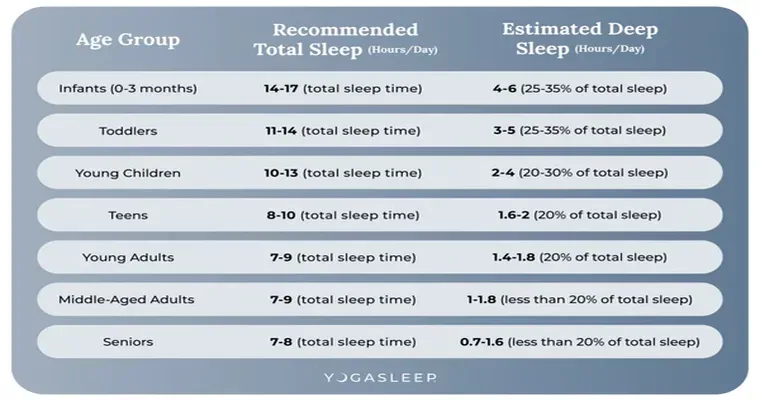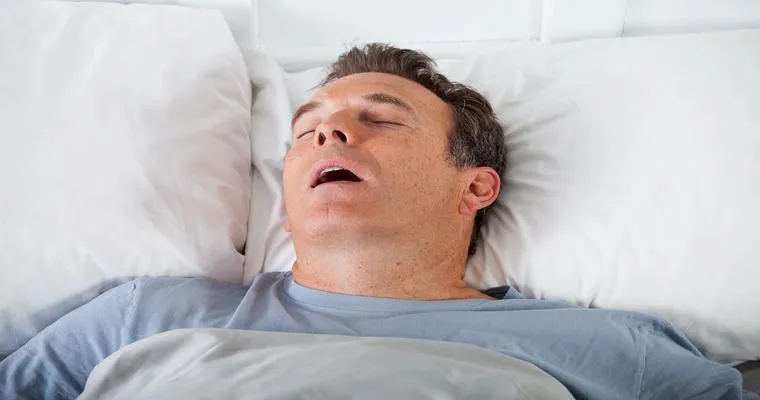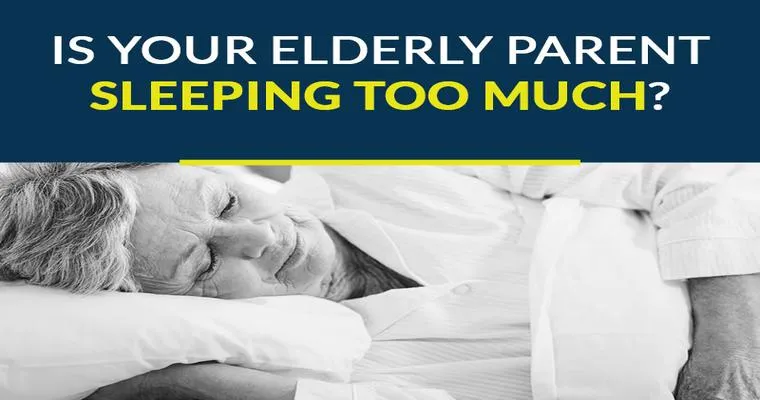As individuals "age", many people wonder if they need "less sleep" compared to their younger years. The relationship between sleep and aging is complex, and while some studies suggest that older adults may require fewer hours of sleep, the quality of sleep often becomes more critical. Understanding how sleep needs change throughout life can help individuals make informed decisions about their health and well-being.
The Changing Sleep Patterns
Research indicates that as people grow older, they may experience changes in their "sleep patterns". Older adults often find it more challenging to fall asleep and may wake up more frequently during the night. This can lead to a perception that they need less sleep; however, it may be more about the "quality of sleep" rather than the quantity. While younger adults typically require about 7 to 9 hours of sleep per night, older adults might feel rested with 6 to 8 hours, although individual needs can vary significantly.
Impact of Aging on Sleep Quality
Aging can lead to various physiological changes that impact "sleep quality". Factors such as hormonal shifts, medical conditions, and medications can disrupt sleep cycles. Additionally, conditions like "insomnia" and "sleep apnea" are more prevalent among older populations, further affecting how well they sleep. Consequently, older adults might find themselves waking up feeling less refreshed, even if they have spent enough time in bed.
The Importance of Sleep for Older Adults
Despite the misconception that older adults need less sleep, adequate rest remains crucial for their overall health. Sleep plays a vital role in cognitive function, emotional regulation, and physical health. Lack of sufficient sleep can lead to memory issues, increased stress levels, and a higher risk of chronic illnesses. Therefore, it's essential for older adults to prioritize "good sleep hygiene" to enhance both the quality and quantity of their sleep.
Tips for Better Sleep as You Age
To improve sleep quality, older adults can adopt several healthy habits:
1. "Establish a Sleep Routine": Going to bed and waking up at the same time each day can help regulate the body's internal clock.
2. "Create a Restful Environment": A dark, quiet, and cool bedroom can promote better sleep.
3. "Limit Screen Time Before Bed": Reducing exposure to screens from phones, tablets, and TVs can help facilitate a smoother transition to sleep.
4. "Stay Active": Regular physical activity during the day can contribute to better sleep at night.
5. "Mind Your Diet": Avoiding large meals, caffeine, and alcohol close to bedtime can prevent sleep disturbances.
Conclusion
In summary, while many older adults may feel they need less sleep, the essential factor is the "quality of sleep" they are getting. As people age, they may require slightly fewer hours of sleep, but ensuring that they achieve restful, uninterrupted sleep is vital for maintaining their health and well-being. By adopting healthy sleep practices, older adults can enhance their sleep quality and overall quality of life.





